Question And Answer
Publications
Articles, publications, books, tools and multimedia features from the U.S. Institute of Peace provide the latest news, analysis, research findings, practitioner guides and reports, all related to the conflict zones and issues that are at the center of the Institute’s work to prevent and reduce violent conflict.
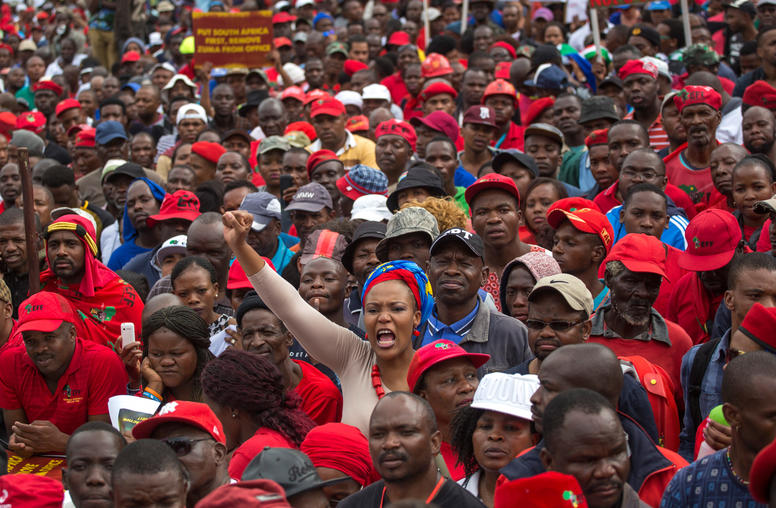
U.S. Signals Africa Policy Shifts
The U.S. plans to continue diplomatic and military support for African nations but expects its counterparts to step up significantly in areas ranging from fighting corruption to countering terrorism and stopping arms purchases from North Korea, U.S. officials said during a symposium at the U.S. Institute of Peace.
On Famine Caused by Conflict, U.N. States Must Be Bold
The global surge in humanitarian emergencies related to violent conflict, including looming famines in northeast Nigeria, Somalia, South Sudan and Yemen, are on the agenda of world leaders meeting at the United Nations General Assembly this week. With 20 million people across four countries on the brink of starvation...

Iraq’s Impasse with Kurds Puts Post-ISIS Stabilization at Risk
The impasse between Iraq’s central government and its Kurdistan Region is building into an economic problem, and both sides need to quickly find a way to negotiate a solution. While political conflict between the authorities in Baghdad and the regional capital of Erbil has been quieter since Iraqi troops ousted Kurdish forces from disputed territories in October, the Kurdish region’s economy is unraveling, with risks for both sides.
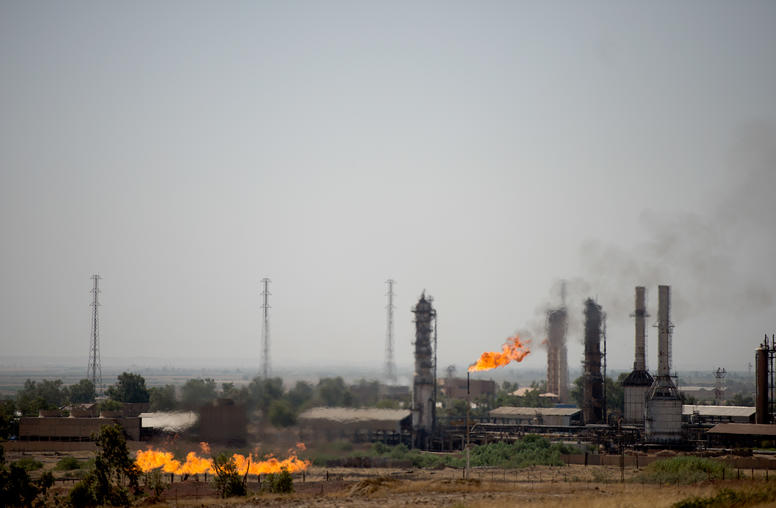
Kurdistan and Baghdad: A Tangled Web Over Oil and Budgets
The economy of Iraq’s semi-autonomous Kurdistan Region is on the brink of collapse; only the central government in Baghdad can stop an economic free fall that’s already damaging the broader Iraqi economy. While a rapid, negotiated solution to this crisis is essential to stabilize and unify Iraq—and reassure investors needed for post-ISIS reconstruction—a host of complex issues over oil and the national budget stand in the way.
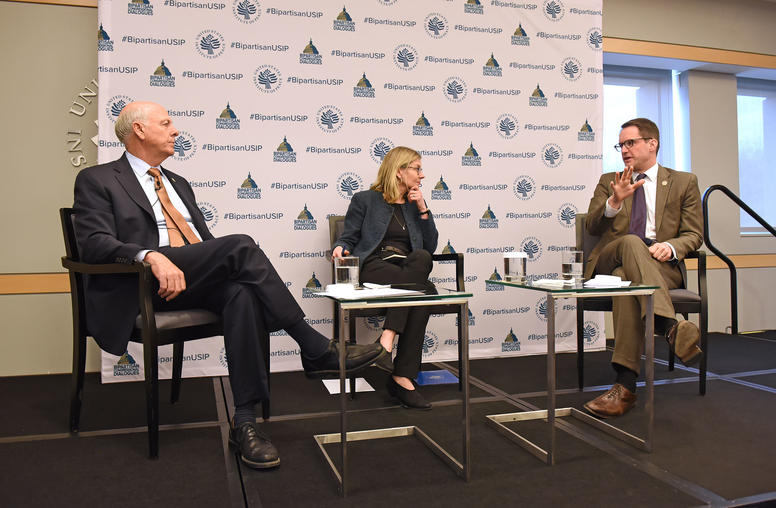
Evolving Cybersecurity Threats Require Bipartisan Approach
We live in an age of immense technological innovation and disruption. While these technologies make our lives easier, criminal groups and terrorist networks have the tools to exploit them, as policymakers struggle to keep up with rapid pace of change. Terrorist groups like the Islamic State and rogue regimes like North Korea employ these technologies to illicitly finance their operations, often using cryptocurrencies in order to evade detection. Despite the partisan rancor in Washington, Republican and Democrat members of Congress are coming together to counter illicit financing and wrestle with these emerging policy challenges.
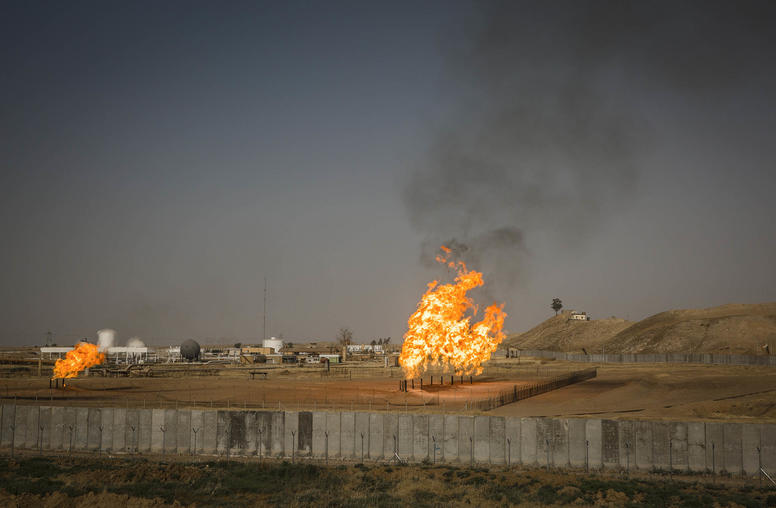
Kurdistan Region’s Debt Crisis Threatens Iraq’s Economy
As Iraq’s parliamentary elections approach this weekend, destabilizing disputes with the Kurdistan Region remain unresolved. Perhaps the most intractable, and least discussed, is how to address the insolvency of the semi-autonomous Kurdistan Regional Government (KRG). It’s a simmering crisis that threatens Iraq’s economic future and political unity, and one that the central government needs to step up and help defuse.

Why Baghdad Should Help the Kurdistan Region’s Debt Crisis
The mounting debt crisis of Iraq’s Kurdistan Regional Government poses a long-term threat to the country’s economy and ultimately, perhaps, its stability. For now, Iraqi political leaders are consumed with negotiating a new, post-election government, but a solution to the KRG’s insolvency cannot wait too long. It will require the next government to quickly put aside parochial politics and help the KRG find creative ways to restructure its debts.
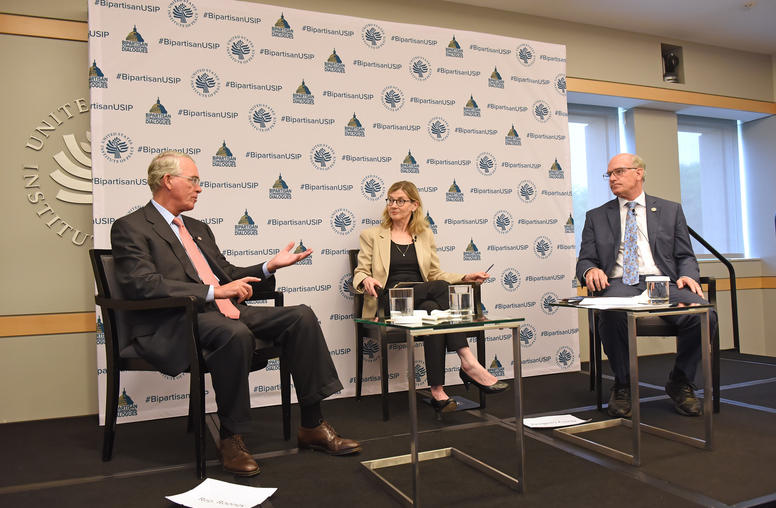
Russia’s Disruptive Ambitions Require a Bipartisan Response
For over a decade, Russia’s Vladimir Putin has campaigned to subvert the liberal world order and undermine global norms by invading neighbors and interfering in democratic processes at home and abroad. To explain how Congress can counter Russian aggression, members of the House Foreign Affairs Subcommittee on Europe, Eurasia and Emerging Threats Rep. Francis Rooney (R-FL) and Rep. Bill Keating (D-MA) came together for a bipartisan dialogue at the U.S. Institute of Peace.

The U.S. Can’t Give Up on Africa’s Crises
After a trip to assess humanitarian crises in some of the world’s most troubled nations, U.S. Senator Jeff Merkley said he concluded that a matrix of conflict, corruption and “climate chaos” is driving one of the biggest periods of displacement in modern history.
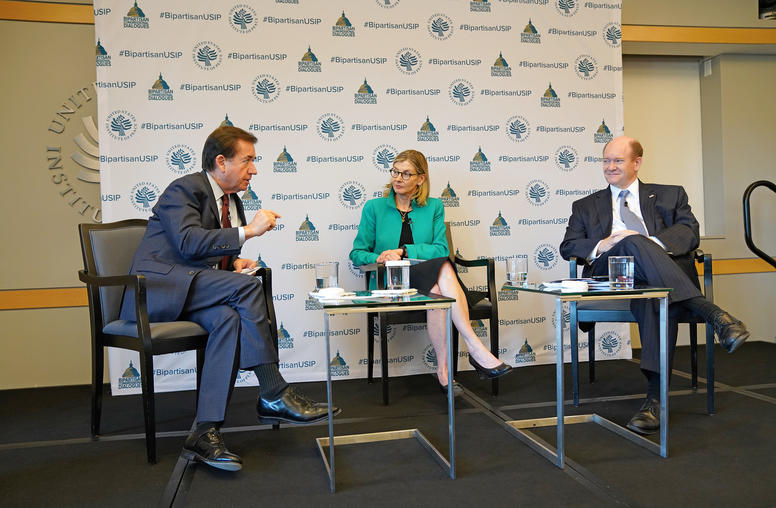
How Saving Rhinos Can Cut Poverty—and Even Terrorists’ Funds
By 2030 African black rhinos and elephants could face extinction as poachers and other criminals, including violent extremist groups, sell rhino horns and ivory to largely Asian markets. The trade in protected wildlife, worth an estimated $7 to $10 billion annually, not only endangers these species, it destabilizes communities and impedes sustainable economic development.